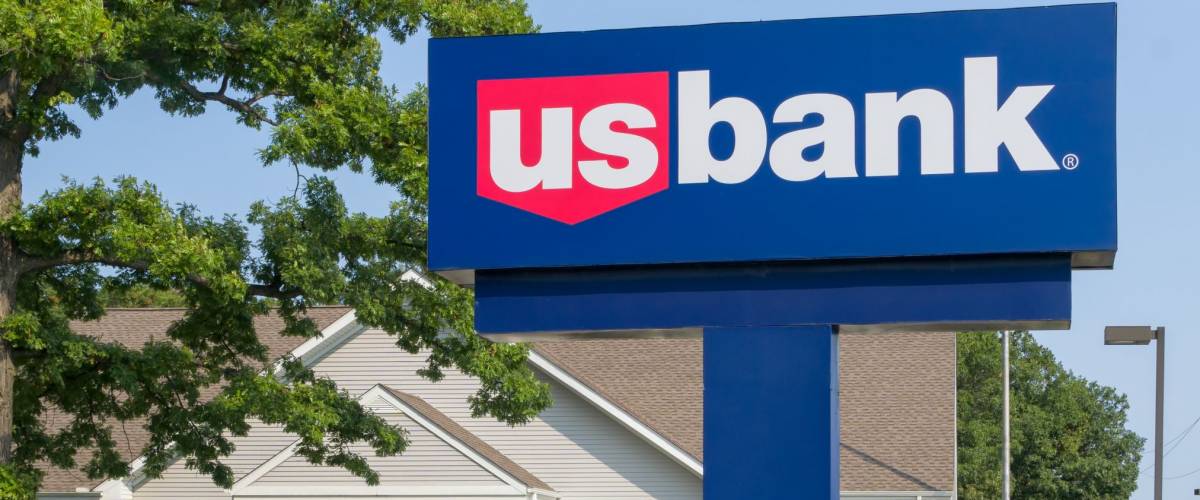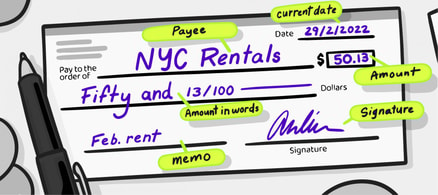The problems with payday loans
They're called "payday" loans because the money comes due within a couple of weeks — theoretically, the next time you get paid. Though payday loans can help people deal with temporary financial setbacks, critics call them predatory.
The lenders charge stiff fees, which inflict a lot of financial pain when a borrower can't repay a loan in time and must take out a new one.
"A typical two-week payday loan with a $15 per $100 fee equates to an annual percentage rate (APR) of almost 400%," says the Consumer Financial Protection Bureau. "By comparison, APRs on credit cards can range from about 12% to about 30%."
The debt can spiral. The average borrower takes out eight loans of $375 per year and pays $520 in interest, the Pew Charitable Trusts found.
Streamline your debt repayment
Having a single loan to pay off makes it easier to manage your payments, and you can often get a better interest rate than what you might be paying on credit cards and car loans.
Fiona is an online marketplace offering personalized loan options based on your unique financial situation.
When you consolidate your debt with a personal loan through Fiona, you can roll your payments into one monthly installment. Find a lower interest rate and pay down your debt faster with Fiona today.
Find your rateUS Bank gets in the game (sort of)

Now, despite the potential for increased scrutiny and regulation, U.S. Bank — America's seventh-largest banking company — has decided to get into the short-term loans market.
The bank's "Simple Loan" allows account holders to borrow small amounts (up to $1,000) for brief periods (up to three months) to cover gaps in income.
The Simple Loan is not exactly a payday loan, but the effect on borrowers is much the same.
U.S. Bank charges hefty fees — equivalent to an annual interest rate of around 71% or more. A $100 advance comes with a $15 fee, which can be cut to $12 if you agree to the auto-pay repayment option.
Criticism -- and response
Consumer advocates are not impressed with the Simple Loan and say it would violate states' anti-loan-sharking laws that apply to lenders that aren't banks.
"This type of product isn’t a safe alternative to a payday loan," says Rebecca Borné, senior policy counsel at the Center for Responsible Lending, in a statement. Her group is urging federal banking regulators to limit the fees to an annual percentage rate APR of 36%.
A U.S. Bank spokeswoman told MarketWatch consumers are warned that the loans are "a high-cost product," and are told they may have other options.
One alternative might be a personal loan, through a lender like Even Financial. You don't need to provide collateral, can borrow even if your credit is only fair, and personal loan interest rates are usually capped at 36%.
Sponsored
Follow These Steps if you Want to Retire Early
Secure your financial future with a tailored plan to maximize investments, navigate taxes, and retire comfortably.
Zoe Financial is an online platform that can match you with a network of vetted fiduciary advisors who are evaluated based on their credentials, education, experience, and pricing. The best part? - there is no fee to find an advisor.







